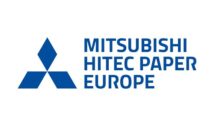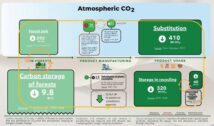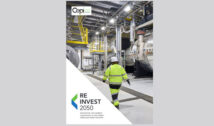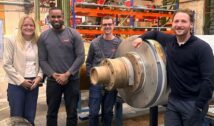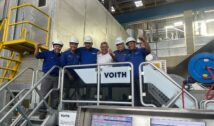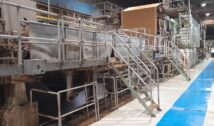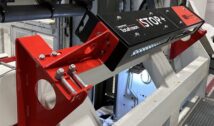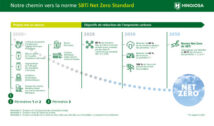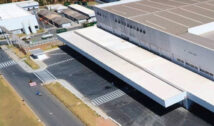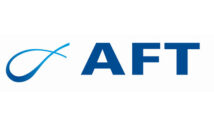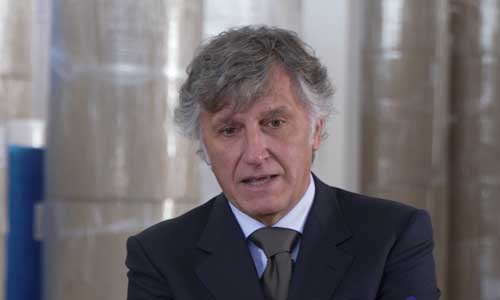
In the current energy shock, in which energy-hungry Italian companies find themselves operating, more and more Italian paper mills are stopping production because the gas costs to produce one tonne of paper are significantly higher than the cost of selling it. “Last December, Italian paper mills were paying five times more for natural gas, which they use to produce electricity to run their plants, but these days the cost has increased tenfold on average, with peaks of fifteen times more,” explains Lorenzo Poli. “We have resisted, even producing at a loss, but these days more and more paper mills are stopping and reducing their activities. The pandemic didn’t stop us, an energy shock is succeeding, following the current crisis situation between Ukraine and Russia,” Poli adds.
“In these days we are collecting data on the sector at national level on the stops or reductions already decided and carried out to take a snapshot of a sector located throughout the peninsula with about 150 plants that produced in 2021 more than 9.6 million tons (+12.5% on 2020) generating a turnover of 8.18 billion euros, an increase of 28.6% on 2020. This increase reflects an attempt to recover at least part of the huge increases in the price of fibrous raw materials, gas, energy and transport. Italian paper mills are facing a 400% increase in their gas bill alone in 2021/2020, but since the beginning of 2022 the figure has worsened.
As of today, shutdowns and production reductions also depend on the type of paper produced and the reference market. “On what, it seems to us, was decided yesterday in Europe, we appreciate the actions regarding the need for common gas storage and diversification of sources that will have structural impacts in the medium term, contained in the draft Joint European Action document,” Poli said. “However, we must immediately take measures to compensate for the rise in energy costs for energy-intensive companies, which are also included in the Joint European Action. For example, immediate measures to “anticipate” the benefits of shared storage and diversification of supply to companies, as well as the suspension of the CO2 market”.
With paper mills, the entire supply chain is being blocked, for the production of packaging, sanitary paper, medical paper, graphic paper for publishing and information, as well as the circular economy and paper recycling.
Finally, the Joint European Action also refers to biomethane. Incentives for the production of biomethane for cogeneration in industrial plants should be immediately released, as provided for by the RED II Directive. This also means diversifying supply.


